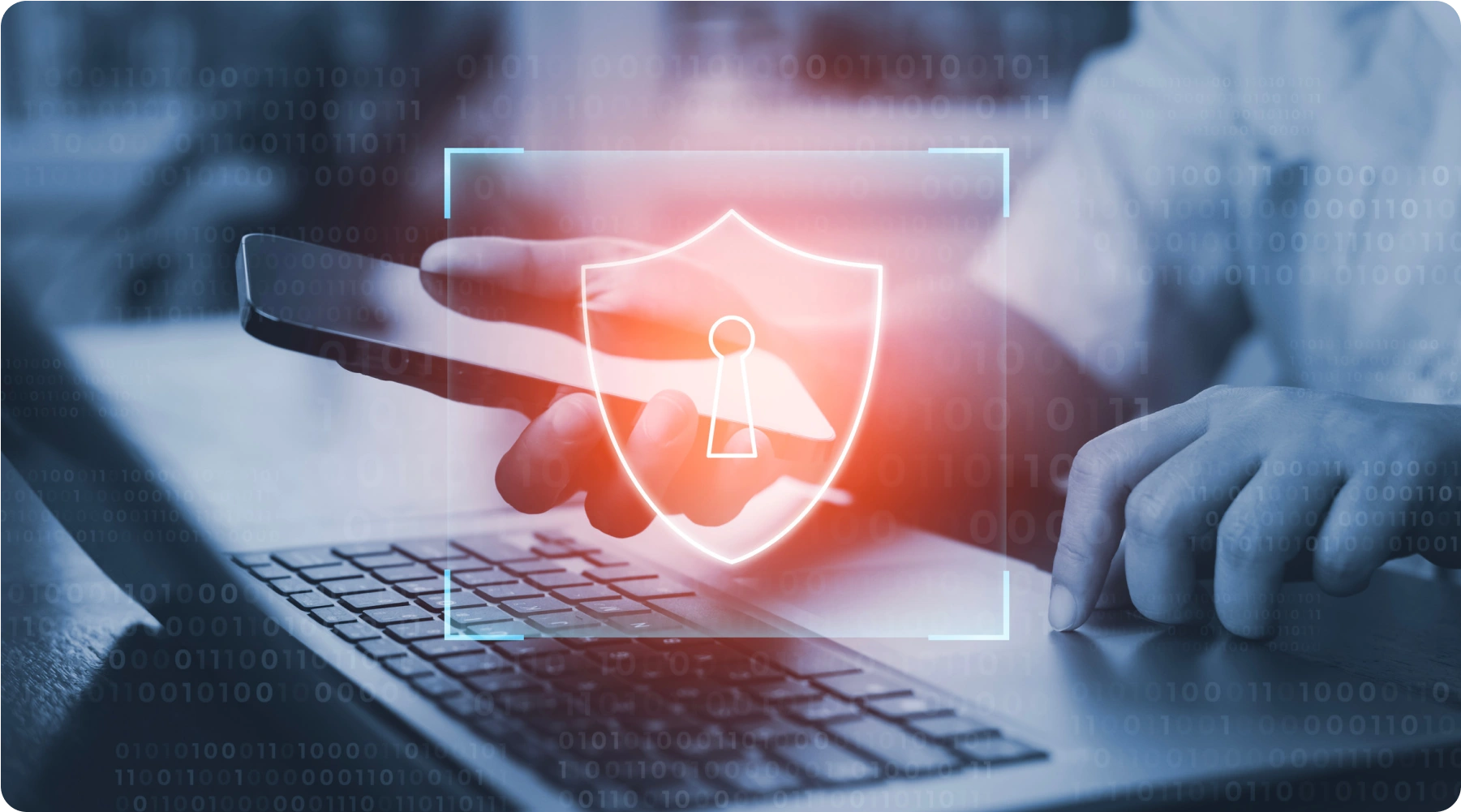How a Business VPN Secures Remote Teams

Introduction: The Rise of Remote Work, the Rise of Risk
The global shift to remote and hybrid workforces has brought incredible flexibility — but also serious security risks. Employees are logging in from home, hotels, airports, and coffee shops, often using unsecured Wi-Fi networks and personal devices.
For businesses, this change demands more than antivirus software or good intentions. It requires scalable, reliable security infrastructure — and that’s where a business VPN service becomes essential.
This article explores how a secure remote access VPN keeps your remote teams safe, connected, and productive.
1. What Is a Business VPN and How Does It Work?
A VPN (Virtual Private Network) encrypts internet traffic and reroutes it through a secure server. For businesses, this allows remote employees to access internal tools, apps, and files as if they were physically in the office — safely and privately.
Instead of exposing your business systems to the open internet, a VPN for remote work creates a secure, private tunnel between your employees and your network.
2. Protecting Public Connections with Encryption
Remote workers often use public Wi-Fi in cafés, airports, hotels, or coworking spaces. These networks are notoriously insecure, and can be easily intercepted by hackers using simple tools.
A business VPN encrypts all data sent and received, even on unsecured networks. This ensures that sensitive files, login credentials, and internal conversations are safe from prying eyes.
Encryption acts as a shield — even if someone tries to intercept the data, all they’ll see is unreadable gibberish.
3. Enable Secure Access to Internal Resources
Your team needs access to private databases, CRM systems, shared drives, or custom applications. But opening those services up to the public internet can be a massive vulnerability.
With a secure remote access VPN, you can give employees access only through a private, encrypted connection. That way, sensitive resources are only available to verified users, and your network perimeter stays tightly locked.
4. Centralized Control for IT Teams
A strong business VPN service offers centralized management features for your IT department, including:
- User access control
- Device monitoring
- Real-time connection logs
- IP address assignment (static or dynamic)
- Auto-disconnect or kill switches for safety
This gives your IT team visibility and control over who’s accessing what — and from where — even across dozens or hundreds of remote endpoints.
5. Support for BYOD Environments
Many remote employees use personal laptops, tablets, and smartphones to get work done. While this increases flexibility, it also increases your attack surface.
A business VPN secures these devices at the connection level. So even if an employee’s device isn’t fully locked down, your data stays encrypted and isolated from any local threats.
Look for VPNs that support multiple devices per user — ideal for modern, mobile-first teams.
6. Maintain Compliance with Industry Regulations
Industries like healthcare, finance, and legal are subject to strict compliance requirements. Regulations like HIPAA, GDPR, or PCI-DSS require you to encrypt customer data and protect digital communications.
A secure remote access VPN helps maintain compliance by:
- Encrypting data in transit
- Restricting access to authorized users
- Logging connections for audits
- Supporting policies like least-privilege access
Failing to secure remote workers could mean not just data loss — but heavy fines.
7. Boost Employee Productivity with Reliable Access
Security should never come at the cost of usability. The best VPNs are lightweight, fast, and reliable — with minimal impact on internet speed or user experience.
Today’s cloud-optimized VPNs (like VPNGeek) allow for:
- Instant one-click connections
- High-speed servers in multiple regions
- Auto-connect on startup
- Seamless switching between devices
This keeps your employees secure without constant configuration headaches or downtime.
8. Prevent IP Blacklisting and Access Errors
Many remote workers get blocked from services simply because they’re logging in from a suspicious location or a frequently abused IP. VPNs with dedicated IP addresses eliminate this problem.
Assigning your team a clean, static IP ensures consistent access to:
- Company dashboards
- Financial platforms
- Internal portals
- CRM or email marketing tools
No more repeated CAPTCHAs, 2FA lockouts, or flagged logins.
9. Scale as Your Team Grows
A good business VPN service grows with your company. Whether you have five remote employees or five hundred, you should be able to:
- Add or remove users instantly
- Assign IPs and access levels
- Expand server access by region
- Monitor usage and performance at scale
Cloud-based VPNs offer subscription models that make scaling seamless — no hardware required.
10. Build Trust with Clients and Partners
Clients and vendors want to know that their data is safe in your hands. Using a business VPN signals that your company takes cybersecurity seriously.
It can even be a sales differentiator, especially in industries where data handling is critical.
Trust isn't just built on performance — it's built on responsibility.
Conclusion: A Smarter Way to Work Remotely
In 2025, securing a remote team is more than just sending everyone home with a laptop. It’s about building a resilient, encrypted, and compliant network infrastructure that protects your people and your business.
A secure remote access VPN is the fastest, smartest, and most cost-effective way to achieve that.
If your team is remote — even part-time — it’s time to protect them like they’re still in the office. VPNGeek offers business VPN services tailored for modern, mobile-first teams.



